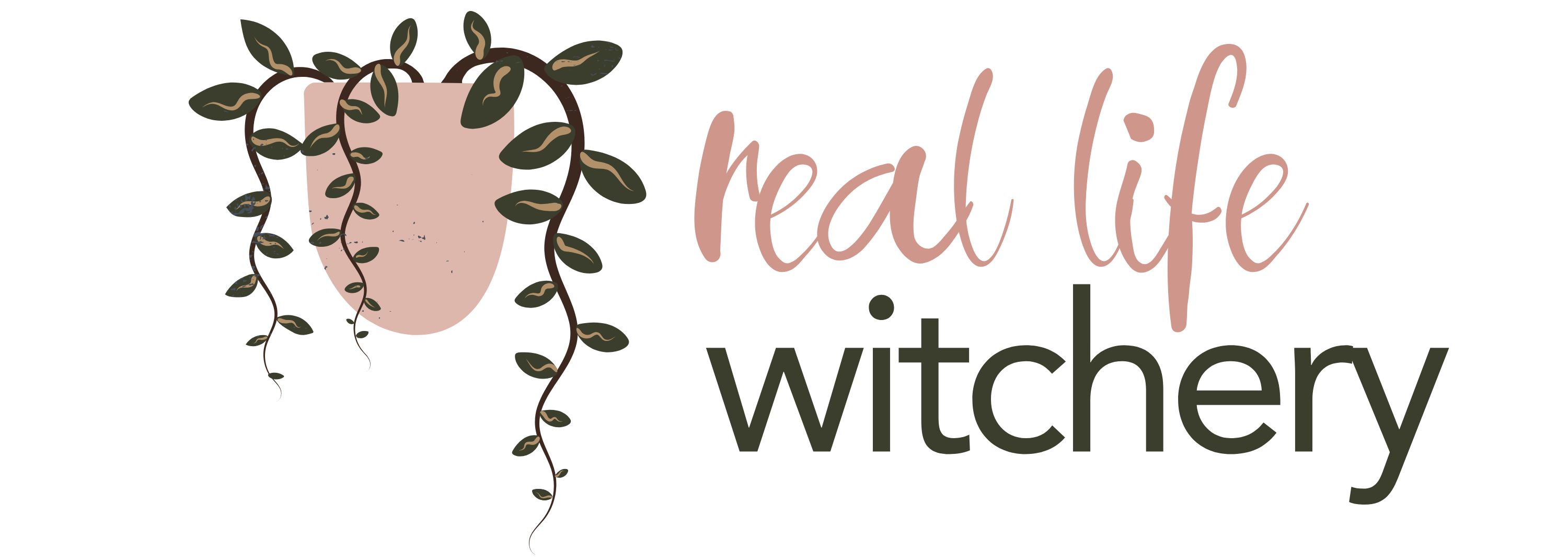
Personal Authenticity and Trust in the Working Circle
Recently, I attended a webinar facilitated by the author of the book, The Self-Aware Leader, Dan Gallagher. One concept that was brought up in this webinar was that of Professional Authenticity. He suggested that it’s advantageous to bring as much of your actual self to work, as you can- or are willing to bring. I thought that this concept translated well to any working circle (I’ll be using “working circle” to mean any sort of magic-working group e.g. coven, grove, lodge).
A working circle has much in common with a business office. There are often rules and social norms, expectations, conflict, task assignments and even some sort of political landscape in which a person needs to maneuver. Teamwork is much more important in a working circle than it might be in an office, but there are still similarities. A working circle might end up more like a family than an office department, and because of this, it’s important that we feel comfortable in our skins when we are with our circle.
When we practice magic together (I include this to mean spellwork, as well as ritual magic), we are opening up our energetic channels in some way. We all contribute some sort of energy, whether it’s leading a cone of power, opening a gate/watchtower, or even simply holding the space. Because of this, trust and connection to one another is very important. We may need to examine the relationships we have with those who we share energy with.
Many of us have held circle with those who are energetically more closed off, those who don’t share as much, or those who opt out of contributing. Sometimes, a person new to a working circle may come with some trust issues. This happens often especially in women’s circles, where a person is so used to catty women, that a circle of supportive ladies will be overwhelming, and sometimes even suspect. One way to help others heal from this is to own your personal authenticity in circle, and encourage others to be authentic as well.
Authenticity can breed trust, and trust breeds connection.
Let’s examine “authenticity.” It’s lately become a buzzword, as in “being your authentic self.” In this phrase, people usually mean as to not feel like you need to censor yourself. It’s you without judgment. It’s who you are at your core – your beliefs, loves, skills. And not what is expected of you.
The dictionary defines “authentic” as genuine, of undisputed origin. Some people feel that this means they can act however they like, and it doesn’t matter what anyone else thinks. This is true- to a point. If you become inconsiderate and your authenticity is damaging other people, it’s no longer really a positive process. The pursuit of authenticity for your own self-fulfillment can be a productive one, but it’s important to also keep the ego in check. I’ve seen people claiming to be their “authentic selves” act like terrible people. And then they complain on Facebook about not having friends.
When pursuing your authentic self, it’s also a good idea to keep the greater good in mind. It’s possible to be genuine- to speak from the heart, to open yourself to new experiences, to share your feelings- without being hurtful to other people. Again, that’s not to say that one should overly self-censor themselves as to protect everyone else- that wouldn’t be genuine. But considering other people can be very helpful to self-growth, and then authenticity.
During the webinar I participated in, Gallagher shared five statements and invited us to examine these statements as they relate to our co-workers. These statements were:
- They treat me fairly all the time
- I can be myself with them
- I believe they want to help me
- They give me very candid feedback
- I can tell them what I really think
These statements were laid out in a grid- the rows were the names of hypothetical co-workers, and the columns were these five statements. We were asked to think of our co-workers and would we enter YES or NO to each of these questions for them.
| They treat me fairly all the time | I can be myself with them | I believe they want to help me | They give me very candid feedback | I can tell them what I really think | |
| Ivy | |||||
| Rowan | |||||
| Willow | |||||
| Ash |
Would the whole block be filled with YES’s? That would be amazing, but unlikely. Half of the boxes filled with NO might lead to an examination of the relationships. We share ownership of our relationships with other people. For the NO’s in your grid, it might be a good idea to consider why it’s a no, and not a yes. If most of your grid is filled with NO, it might be a good idea to seek another working circle.
You can see how these five statements, while illustrating a 2-way authenticity street, also could be a way to measure trust. Are you treated fairly? Will they give you truthful feedback? Being authentic and receiving authenticity is a great way to build and maintain that trust. And on the flipside, do you treat everyone fairly? Are you bringing yourSelf to the meetings? Do you give others candid feedback?
Bring this knowledge and understanding into your circle. Be authentic and lead by example.
- Speak from your heart and tell your circle what you really think
- Treat people fairly
- Examine your motives
- Be yourSelf
- Help others when you can
- Give people candid feedback.
Encourage a two-way exchange of authenticity, and enjoy the beautiful trust and connection that this will bring to your circle.




Add A Comment